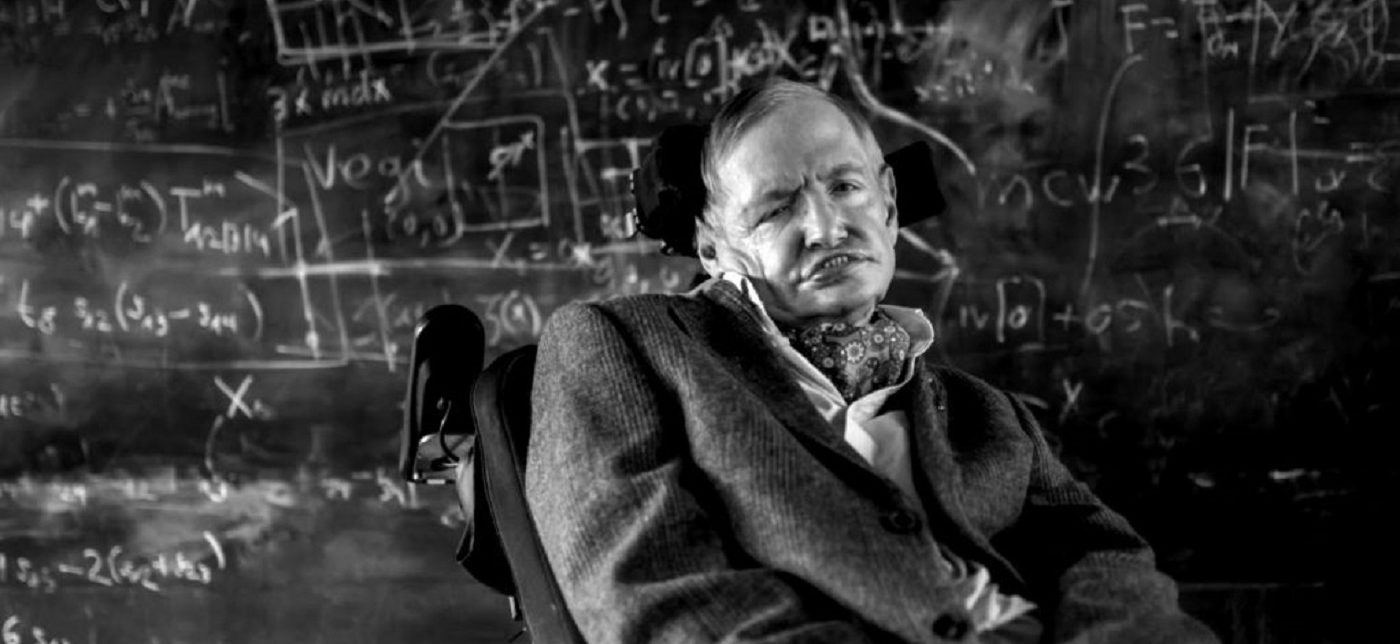
Stephen Hawking (1942-2018) left this world for the stars on Pi Day, both celebrated by mathematicians and physicist all over the world. Those who read “A Brief Story of Time” and decided to explore the world through numbers and with scientific eyes are mourning the loss of a genius with a great sense of humour and ability to analyze the universe with a creativity that inspired his theories on the relativity of time and black holes.
Hawking, who was sharing his ideas with Physics student in the common rooms and halls of Cambridge and conferences all around the world, warned us the last stretch of his productive life about the risk of an Artificial Intelligence that is developed without taking into account the most pressing human needs first.
In a summit in Lisbon (Portugal) last year was clear: “success in creating effective AI could be the biggest event in the history of our civilization”. But at the same time, he reminds us of the importance of putting the human in the centre of this new technological revolution: “unless we learn how to prepare for, and avoid the potential risks, AI could be the worst event in the history of our civilization. It brings dangers, like powerful autonomous weapons, or new ways for the few to oppress the many. It could bring great disruption to our economy”.
In his view only “best practices and effective management” and keep in sight goals that will benefit everyone, like eradicating poverty and disease, therefore transforming the society in ways never seen before.
“I am an optimist and I believe that we can create AI for the good of the world. That it can work in harmony with us. We simply need to be aware of the dangers, identify them, employ the best possible practice and management, and prepare for its consequences well in advance,” he reminded us.